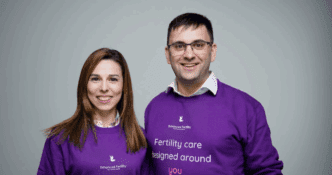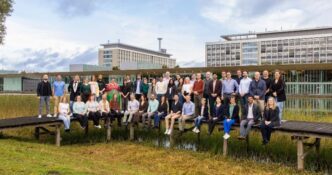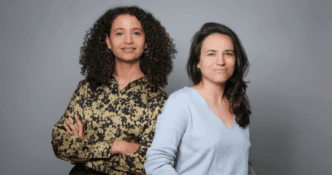As digital content, IoT devices, and now AI-generated data multiply at an overwhelming pace, the world is fast approaching a storage crisis. Traditional solutions—hard drives, tapes, and cloud servers—are struggling to keep up. That’s where DNA data storage is gaining ground as a game-changing alternative, offering ultra-dense, stable, and sustainable archiving potential.
Genomika, a biotech startup based in Kaunas, Lithuania, has stepped up to this challenge. The company recently joined a €5.2 million global research consortium—known as DiDAX—dedicated to building real-world DNA storage systems that could radically change how data is stored for generations.
Founded in 2019 by Dr. Lukas Žemaitis and Ignas Galminas, Genomika has carved a niche in the intersection of genomics, biotechnology, and information science. Now, with a €600,000 commitment to DiDAX, it’s helping lead a pioneering movement toward long-lasting, high-capacity data solutions that could reshape the digital world.
DNA Storage for the AI Age
In today’s AI-driven world, data volumes are exploding. From synthetic datasets generated by large language models to high-resolution digital media, the need for durable, scalable storage is more pressing than ever. DNA, as it turns out, is an ideal medium. It can retain data for thousands of years, doesn’t require energy-intensive cooling systems, and offers significantly higher information density than silicon-based drives.
The DiDAX project, part of the European Innovation Council’s Pathfinder Challenge, brings together top academic institutions like ETH Zurich, Technion, TU Delft, and the Technical University of Munich. Genomika is one of only two commercial partners in the mix—highlighting its credibility and unique capabilities in DNA reading and data encryption.
Through DiDAX, the goal is to build efficient, room-temperature storage solutions that eliminate reliance on rare materials and reduce environmental impact. Genomika’s focus lies in developing compact DNA reading systems and improving encryption methods to ensure that sensitive data remains secure over time.
Genomika’s DNA Microfactory Vision
What sets Genomika apart is its DNA Microfactory for Autonomous Archiving (DNAMIC) platform. This end-to-end system automates the process—from encoding and synthesis to long-term storage and sequencing. The company has already proven the technology by storing the Lithuanian national anthem and archival photographs in DNA strands, showcasing both technical feasibility and cultural preservation.
This microfactory concept aligns perfectly with DiDAX’s long-term ambitions: creating scalable systems that go far beyond research labs. Genomika’s tools aim to enable DNA data storage in places where traditional data centers fall short—such as satellites, space missions, or extreme environments where bulky lab equipment simply won’t work.
From the Lab to Real-World Use
Genomika is now shifting its focus from just building the core hardware to optimising the entire DNA storage ecosystem. With over €10 million in total funding—spanning contributions from the EU, Switzerland, and the UK—the startup is moving closer to making DNA storage a commercially viable technology.
Robertas Skliaustas, the company’s head of business development, noted that DiDAX is the next step in turning their vision into usable products. From refining data encryption to enabling room-temperature preservation, their goal is to bridge the gap between scientific breakthroughs and real-world deployment.
One especially futuristic application? Embedding DNA directly into objects to serve as built-in memory chips. Imagine a spacecraft part that contains its own repair history or technical specs—no external database required. This “self-documenting” functionality could revolutionise how we design and maintain technology.
By participating in DiDAX, Genomika is positioning itself at the forefront of a field that may redefine the future of data. DNA is no longer just a code for life—it’s becoming the blueprint for preserving human knowledge in the digital age.













